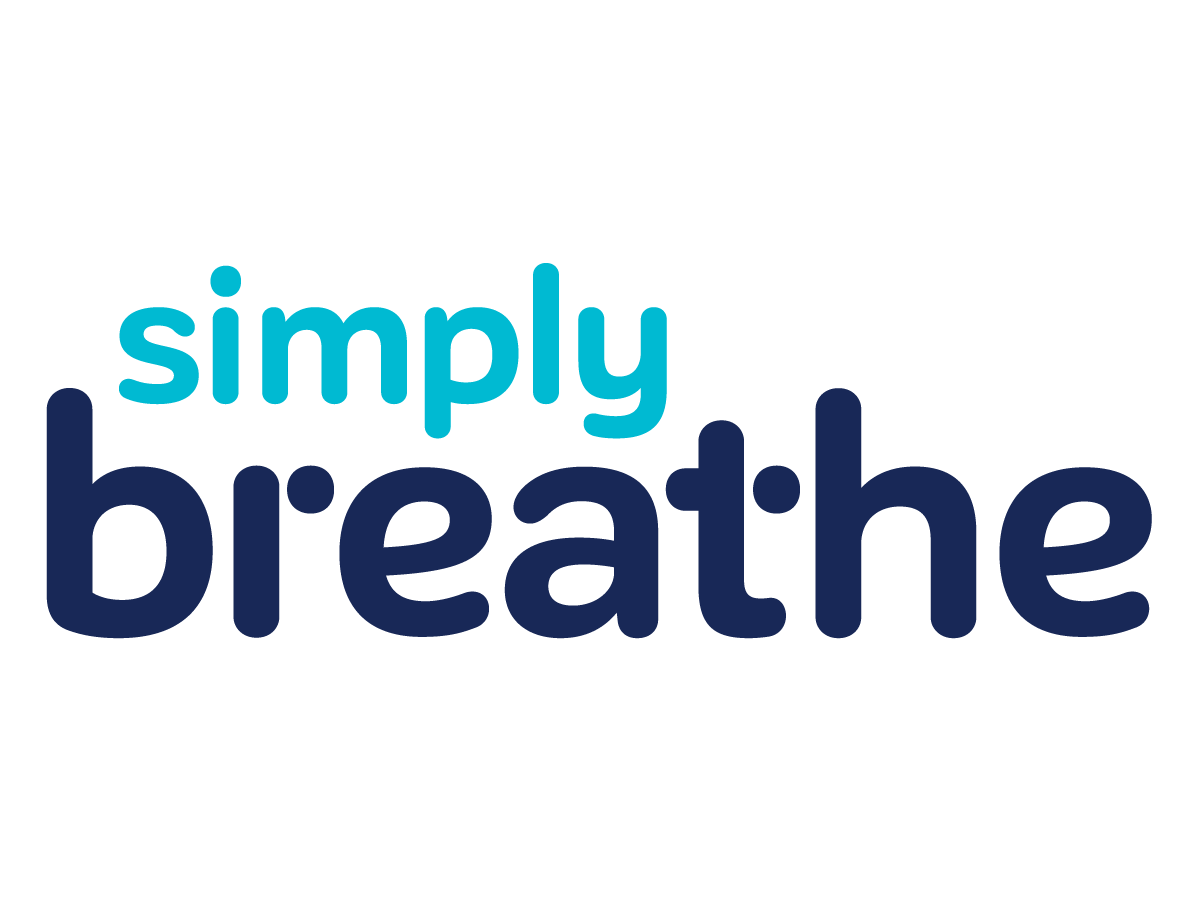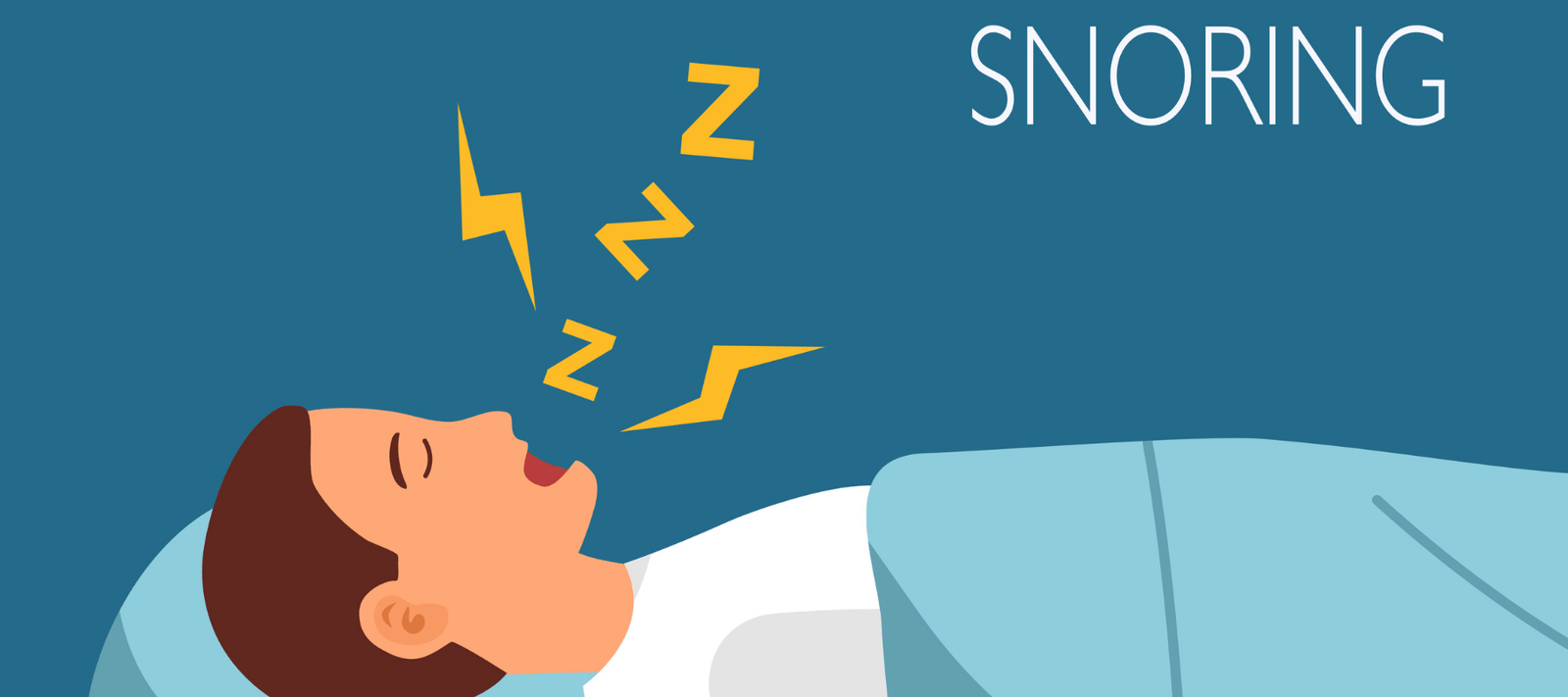When Mouth Taping Doesn't Stop Your Snoring: Anti Snoring Devices and Solutions That Work
If you've tried mouth taping and other popular remedies but still wake up to complaints about your snoring (or feeling unrested yourself), don't lose hope. Persistent snoring despite multiple interventions suggests it's time to dig deeper and approach the problem from new angles - including exploring proven anti snoring devices that address different underlying causes.
Understanding Why You're Still Snoring
Snoring occurs when air can't move freely through your nose and throat during sleep, causing vibration in surrounding tissues. While mouth tape for snoring helps many by encouraging nasal breathing, persistent snoring despite taping may suggest:
- Your nasal airways may be physically obstructed
- You may have structural issues in your throat or soft palate
- Your sleep position could be working against you
- There might be underlying health conditions like sleep apnea

Next Steps Beyond Mouth Taping
Based off years of experience and feedback from thousands of customers these are the three biggest variables to adjust:
- Address Nasal congestion: Using a saline rinse or nasal spray before bed can help clear up any blockages. Snoring strips can also help open nasal passages mechanically, working alongside the best mouth tape for snoring to maintain nasal breathing throughout the night.
- Optimize Sleep position:Sleeping on your back often worsens snoring, so try sleeping on your side or slightly elevating your head. A body pillow or positional therapy, like placing a tennis ball in a pocket on the back of your pajamas, can also prevent rolling onto your back.
- Other factors: Staying hydrated can reduce mucus thickening, and considering other factors like alcohol consumption, sedatives, or even muscle tone in the throat may help.
Try Advanced Breathing Techniques
The Buteyko Method focuses on breathing pattern retraining:
- Control Pause Exercise:Exhale normally through your nose, then pinch your nostrils closed. Count seconds until you feel the first definite desire to breathe. Practice increasing this time gradually.
- Decongest the Nose Exercise: Hold your breath after an exhale while nodding your head up and down 10-15 times to create moderate air hunger.
Strengthen Your Airway Muscles
Weak throat muscles contribute to snoring. Try these exercises:
- Tongue-to-roof hold: Press your entire tongue against the roof of your mouth, creating suction. Hold for 30 seconds, repeat 5 times daily.
- Vocal exercises: Repeating vowel sounds (a-e-i-o-u) loudly for 3 minutes several times daily.
Understanding Anti Snoring Devices: Symptom Management vs. Root Cause Solutions
If breathing techniques and lifestyle changes aren't providing enough relief, you might be considering various anti snoring devices. However, it's important to understand that most devices only manage symptoms rather than address the underlying problem: mouth breathing.
Common anti snoring devices and their limitations:
- Snoring mouthpiece(mandibular advancement devices): These anti snoring mouthpieces mechanically reposition your jaw forward to keep airways open during sleep, but they don't teach your body to breathe correctly on its own. Once removed, the snoring often returns.
- Snoring strips: External nasal dilators that mechanically hold nasal passages open, helpful for temporary relief, but they don't retrain your breathing pattern or address why you're mouth breathing in the first place.
The Simply Breathe difference: Retraining, not just managing
Unlike devices that mechanically force your airways open, the best mouth tape for snoring works by retraining your body's natural breathing pattern. Simply Breathe mouth tape, the best mouth tape for sleep apnea symptoms and snoring, gently encourages nasal breathing, which:
- Trains your body to breathe through your nose naturally, even after you stop using tape
- Addresses the root cause of snoring (mouth breathing) rather than just managing symptoms
- Promotes proper tongue posture and airway muscle engagement
- Creates lasting change through gentle habit formation
While other anti snoring devices can provide temporary relief, mouth tape for snoring combined with breathing exercises offers a path to actually correct the breathing dysfunction causing your snoring, not just mask it with mechanical interventions.

Get a Proper Medical Evaluation
If you've tried multiple home remedies and various anti snoring devices without success, it's time to consult a sleep specialist. They might recommend:
- Sleep study: This can determine if you have sleep apnea, which requires different treatment than simple snoring
- ENT evaluation: To check for structural issues like a deviated septum, enlarged turbinates, or nasal polyps
- Allergy testing: Chronic allergies can cause persistent nasal congestion
Remember that persistent snoring is more than just an annoyance - it can significantly impact your health and quality of life. If you've tried everything at home without success, working with medical professionals is your best path forward to quiet, restful sleep.




